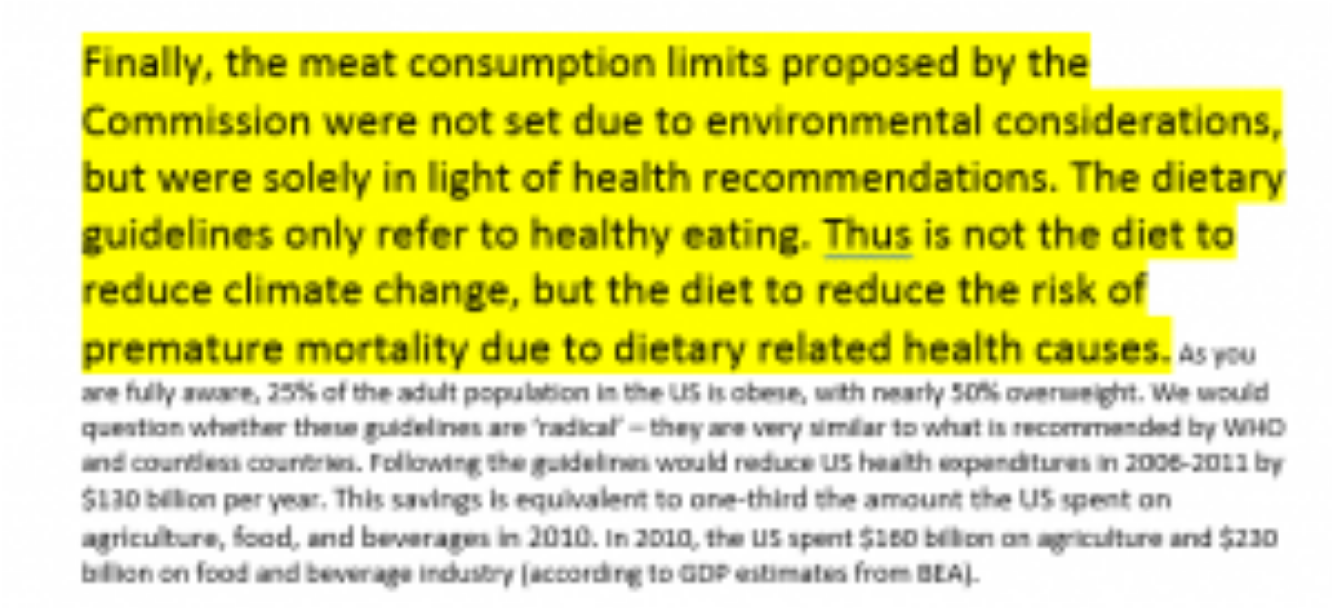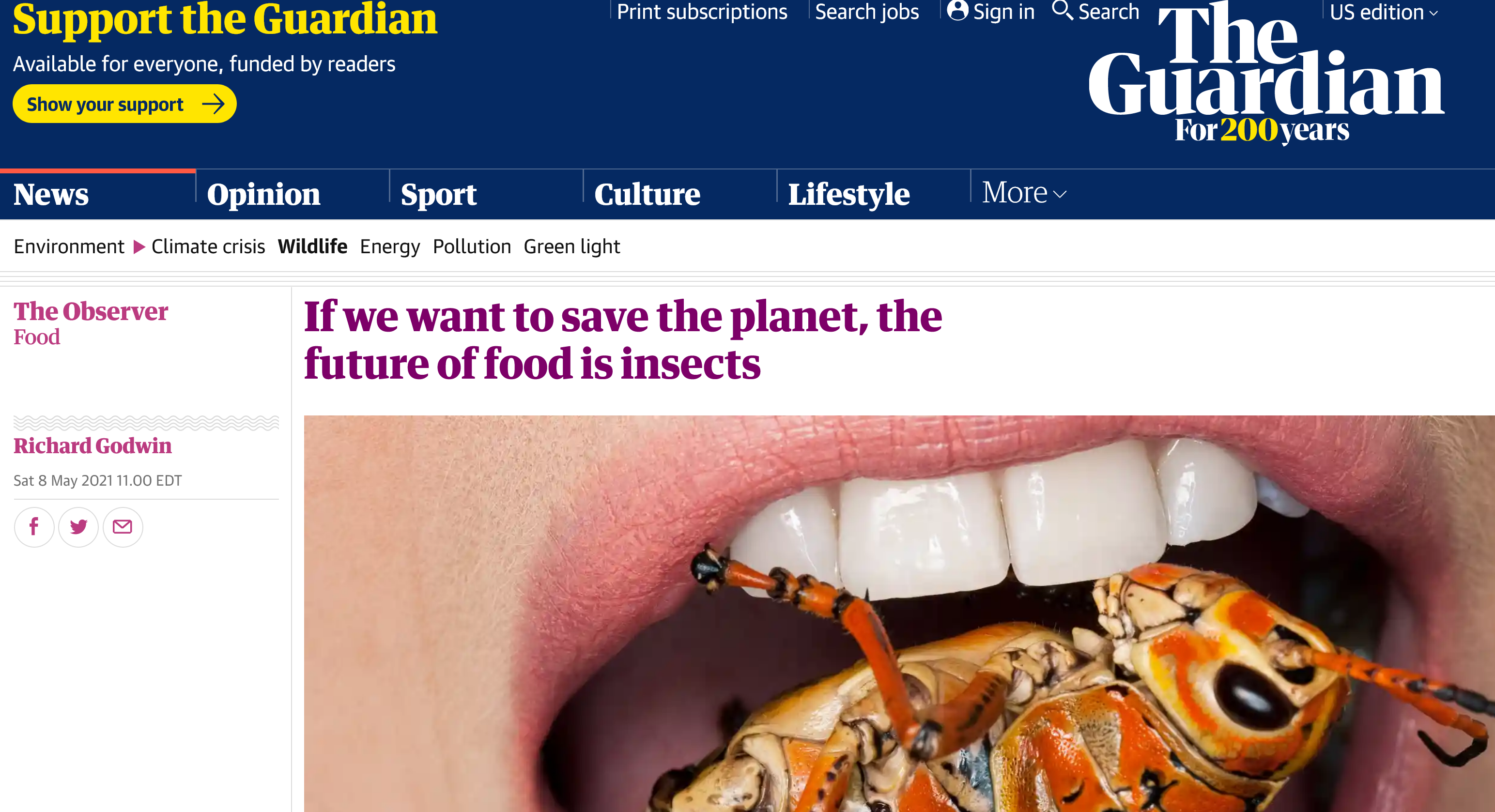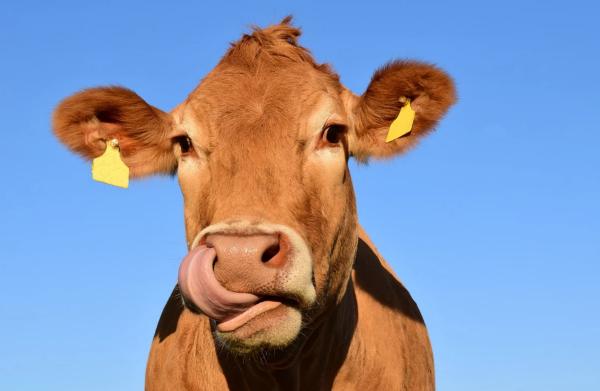Unscientific nonsense proliferates across the internet. Amplified by celebrities, activist groups, and other assorted ideologues, this misinformation surrounding issues like vaccines and crop biotechnology leads many unsuspecting readers astray. What's often ignored, however, is that academic journals, arguably our first and best line of defense against bad research, regularly publish content devoid of scientific substance.
In part one of this series, we examined The Lancet's long history of promoting nonsense related to vaccines, GE crops, and pesticides. Here we'll analyze several instances of the prestigious medical journal advancing an openly Marxist narrative about food production and environmental protection.
Our goal isn't just to highlight and complain about ideological bias, which you can find everywhere, but also to remind science journals that they exist as a forum for academics to publish their research and analyze each other's ideas. “Transforming” the world's food system, a goal The Lancet explicitly endorses, veers far away from the journal's purpose and into a variety of activism that has little interest in evidence.
A new “sociopolitical framework.”
The first question we need to address is this: why would a medical journal amplify an extensive list of long-debunked tropes about food and farming? Like many critics of modern agriculture, The Lancet's leadership seems to have an explicitly anti-capitalistic mentality, which encourages them to find villains in the private sector even when they don't exist. Longtime journal editor Richard Horton, who we met in part one of this series, said as much in a 2017 Lancet article:
… [Karl] Marx offers a critique of society, a method of analysis, that enables explication of disquieting trends in modern medicine and public health—privatized health economies, the power of conservative professional elites, the growth of techno-optimism, philanthrocapitalism, the importance of political determinants of health, global health's neoimperialist tendencies, product-driven definitions of disease, and the exclusion of stigmatized communities from our societies.
One wonders how Horton would account for the shocking deprivations of even the most basic goods and services, including health care, that the average Soviet citizen endured. The more important point for now is that The Lancet has made its ideological motivations plain to anyone who will read what the journal has published. [1] “Karl Marx was concerned about the health of our planet and has interested us in a way to nurture the environment and an equitable world with improved social conditions,” a team of authors wrote in The Lancet in May 2018. This project, they added, had to begin right away:
To avoid the catastrophic consequences of the exploitation of earth's resources due to capitalism, we propose a new global sociopolitical framework that is urgently needed to protect and cultivate human health. To pursue improved planetary health, we need to transform the capitalist systems on the basis of liberal free markets into nurturing equitable systems to accomplish 'the highest attainable standard of health as a fundamental right of every human being,' as stated by the WHO constitution.
In recent years, The Lancet has established dozens of “commissions” to tackle critical public health and environmental issues, including the Eat-Lancet Commission created to promote sustainable food systems. “The EAT-Lancet Commission,” the journal announced in January 2019, “addresses the need to feed a growing global population a healthy diet while also defining sustainable food systems that will minimize damage to our planet.”
Meat destroying the planet?
Few people would object to these laudable goals, but the Lancet's specific policy recommendations have drawn intense criticism from outside experts. In 2018, for instance, the journal published an editorial warning that “the nutritional and health issues caused by meat have become a pressing concern” and calling for government intervention to change the world's dietary habits:
The likelihood is that action will need to take a wider systems approach, with a very public conversation about meat informing a host of measures from deciding the appropriate application of government farming subsidies and finding a way to ameliorate the true costs to humans and the planet of certain processing methods, all the way through to slowly changing consumer habits over time, possibly through use of targeted taxation but certainly through an engaging, balanced conversation.
The hubris fueling this massive undertaking deserves its own analysis, though here we should stop to consider the project's scientific deficiencies. For example, the commission attributed 14.5 percent of global greenhouse gas (GHG) emissions to animal agriculture. According to UC Davis air quality specialist Dr. Frank Mitloehner, this estimate is misleading because roughly half the world's 200 countries are still basically agrarian societies; agricultural production accounts for most of their economic output.
“In these countries, they have very few vehicles, factories, and even sectors [of their economy] that emit greenhouse gases, but a lot of livestock," Mitloehner told ACSH during a recent interview. "So in these countries, say Ethiopia or Paraguay, you may have a situation where livestock makes up 50 or even 60 percent of their footprint.”
The opposite is true in more advanced societies like the US: animal agriculture accounts for just four percent of our total emissions; energy generation and transportation are our biggest emitters at 28 percent each. When you try to average these individual national estimates across 200 countries, animal agriculture's absolute contribution to global GHG emissions looks much higher than it really is.
When Mitloehner highlighted this and several other mistakes in the Eat-Lancet Commission report, its science director Fabrice DeClerck noted that:

That's a striking admission in light of the glowing media coverage the report received, which stressed that the commission's recommendations were "good for you and the planet." So how did EAT-Lancet so badly misreport the environmental impacts of meat production? By overlooking a mountain of contrary data.
Recent research has shown, for example, that the amount of land dedicated to raising animals for food has declined markedly in recent decades. Indeed, all models of GHG emissions from land-use changes indicate that they have declined by a third since 2000. Technological innovations that improve animal health, produce better feed, and optimize the animals themselves for food production could boost this global sustainability trend. Dairies and livestock operations can even collect methane from animal manure and use it as an alternative energy source, turning a potent GHG into a sustainable source of fuel.

Moreover, approximately two-thirds of the world's agricultural land is marginal, meaning only grass grows there. The good news is that ruminant livestock converts these nutritionally useless grasses into meat and milk that contain a wide variety of nutrients humans need.
These facts should radically alter EAT-Lancet's policy recommendations, but the scientists on the commission aren't familiar enough with farming to properly assess the evidence. “I think they are well-intended,” Mitloehner added, “but they don't work enough with people in agriculture to understand subtleties or these reports would read differently.”
Conclusion
There is no denying the environmental costs of food production. Indeed, we have an obligation to soberly assess the impacts of farming and use our natural resources judiciously. But when wealthy academics and activists warn that “civilization is in crisis” and urge us to start eating bugs to avert an ecological disaster, they should do so based on sound science, not an ideology that has killed many millions of people.
[1] The Lancet isn't always opposed to big money, particularly when it benefits them. The journal is published by Elsevier, a corporate media behemoth whose parent company generates just under $10 billion in annual revenue. Critics have blasted the publisher for its pricing practices and efforts to block open access to publicly funded research.




